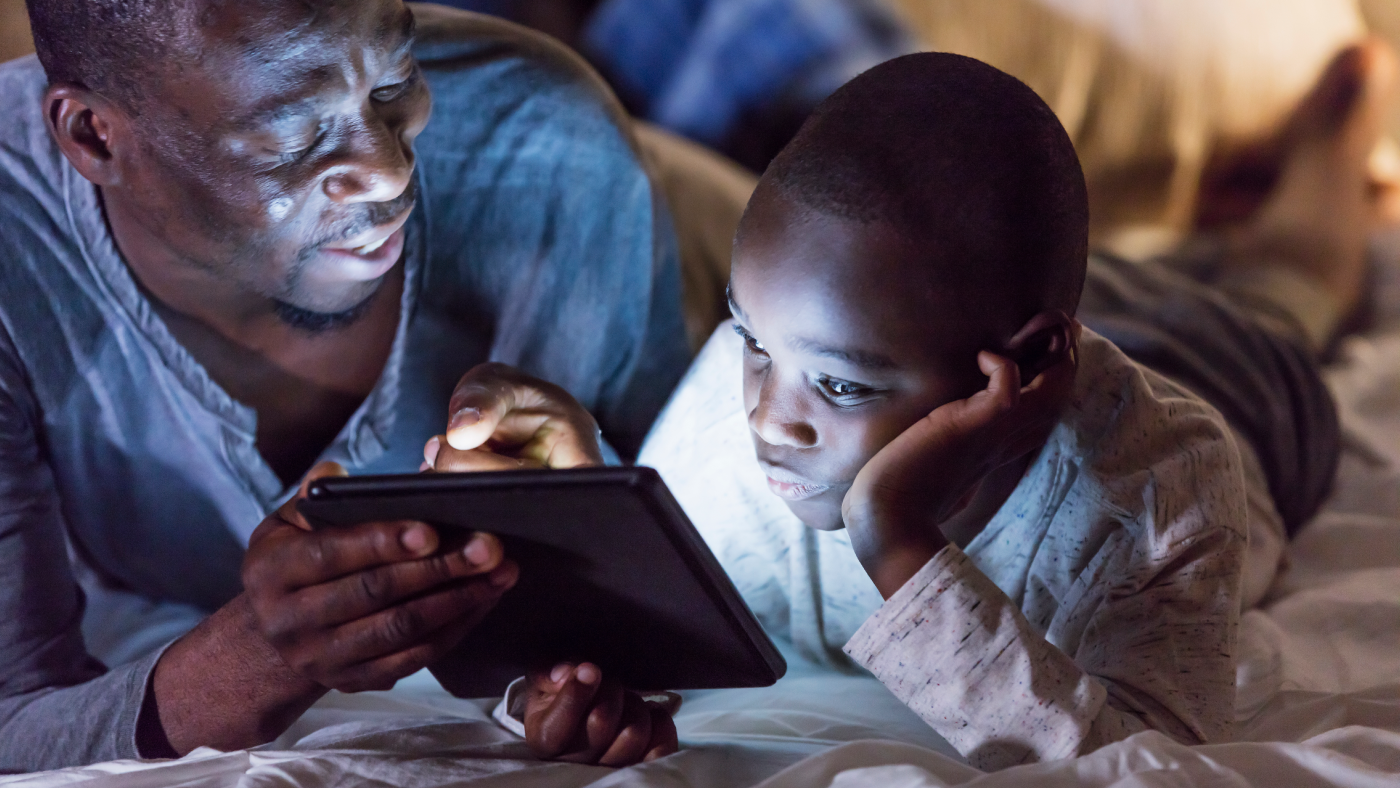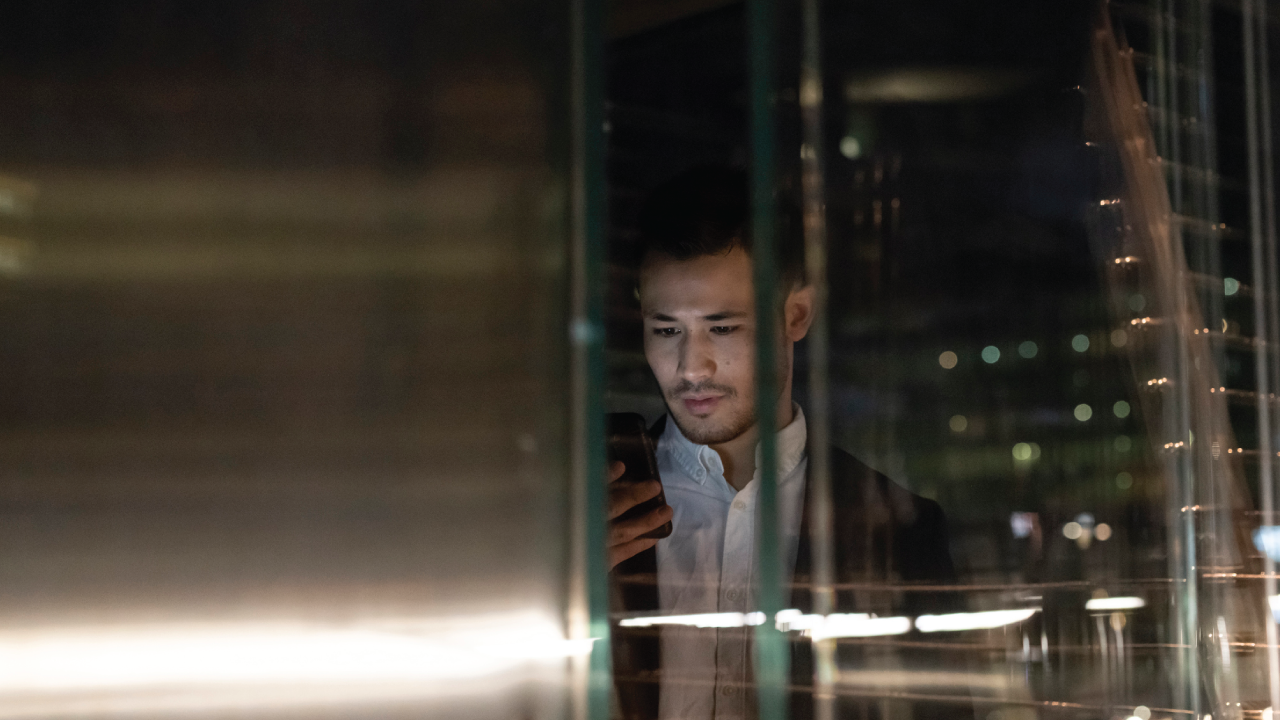
More Americans are using ride-hailing apps
Today, 36% of U.S. adults say they have ever used a ride-hailing service such as Uber or Lyft. Prominent urban-rural gaps in adoption exist.
Today, 36% of U.S. adults say they have ever used a ride-hailing service such as Uber or Lyft. Prominent urban-rural gaps in adoption exist.
Men are overrepresented in online image search results for popular jobs. Women appear lower on the page than men in many of these searches.
Predictions from experts about artificial intelligence and the future of humans, from @pewresearch and @ImagineInternet.
Experts say the rise of artificial intelligence will make most people better off over the next decade, but many have concerns about how advances in AI will affect what it means to be human, to be productive and to exercise free will.
One-in-five U.S. adults often get news via social media, slightly higher than the 16% who often do so from print newspapers.
Close to half of U.S. teens say they are on the internet “almost constantly." Yet highly plugged-in youth in America are just as likely as their less-connected peers to socialize regularly with their friends in person.
Teens credit social media for helping to build stronger friendships and exposing them to a more diverse world, but they express concern that these sites lead to drama and social pressure.
Majorities of Americans see at least some risk from food produced using hormones, antibiotics, pesticides or artificial ingredients; half the public says that foods with genetically modified ingredients are worse for one's health than foods without.
Despite the growing presence of algorithms in daily life, the U.S. public expresses broad concerns over the fairness and effectiveness of computer programs making important decisions.
Japanese feel better about their economy than at any time in nearly two decades. But they also believe average people are worse off than before the Great Recession and worry about their children's futures.

Roughly four-in-ten Americans have experienced online harassment. Growing shares face more severe online abuse such as sexual harassment or stalking.
Two-thirds of parents in the U.S. say parenting is harder today than it was 20 years ago, with many citing technologies, like social media or smartphones, as a reason.
From distractions to jealousy, how Americans navigate cellphones and social media in their romantic relationships.
Majorities of U.S. adults believe their personal data is less secure now, that data collection poses more risks than benefits, and that it is not possible to go through daily life without being tracked.










